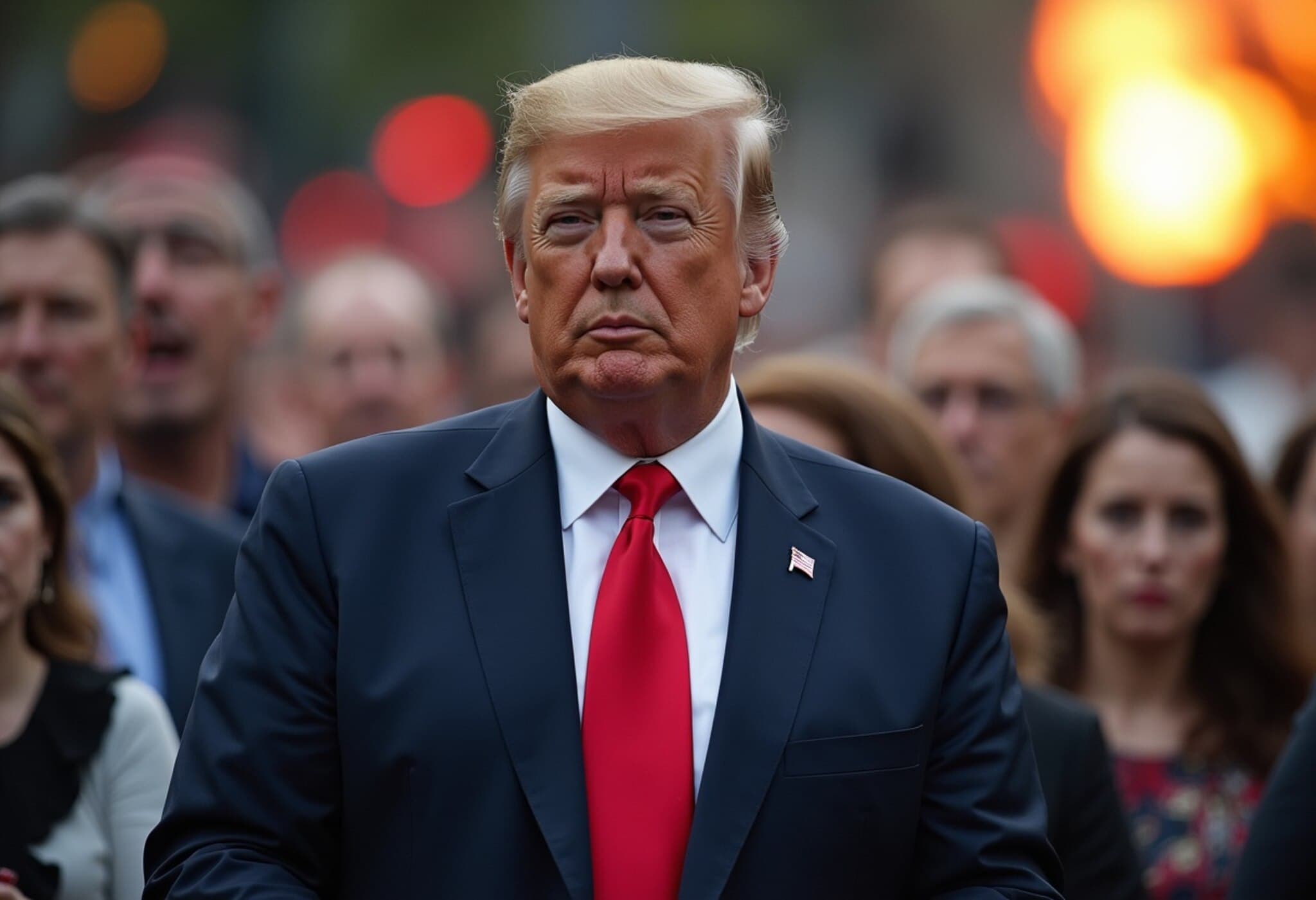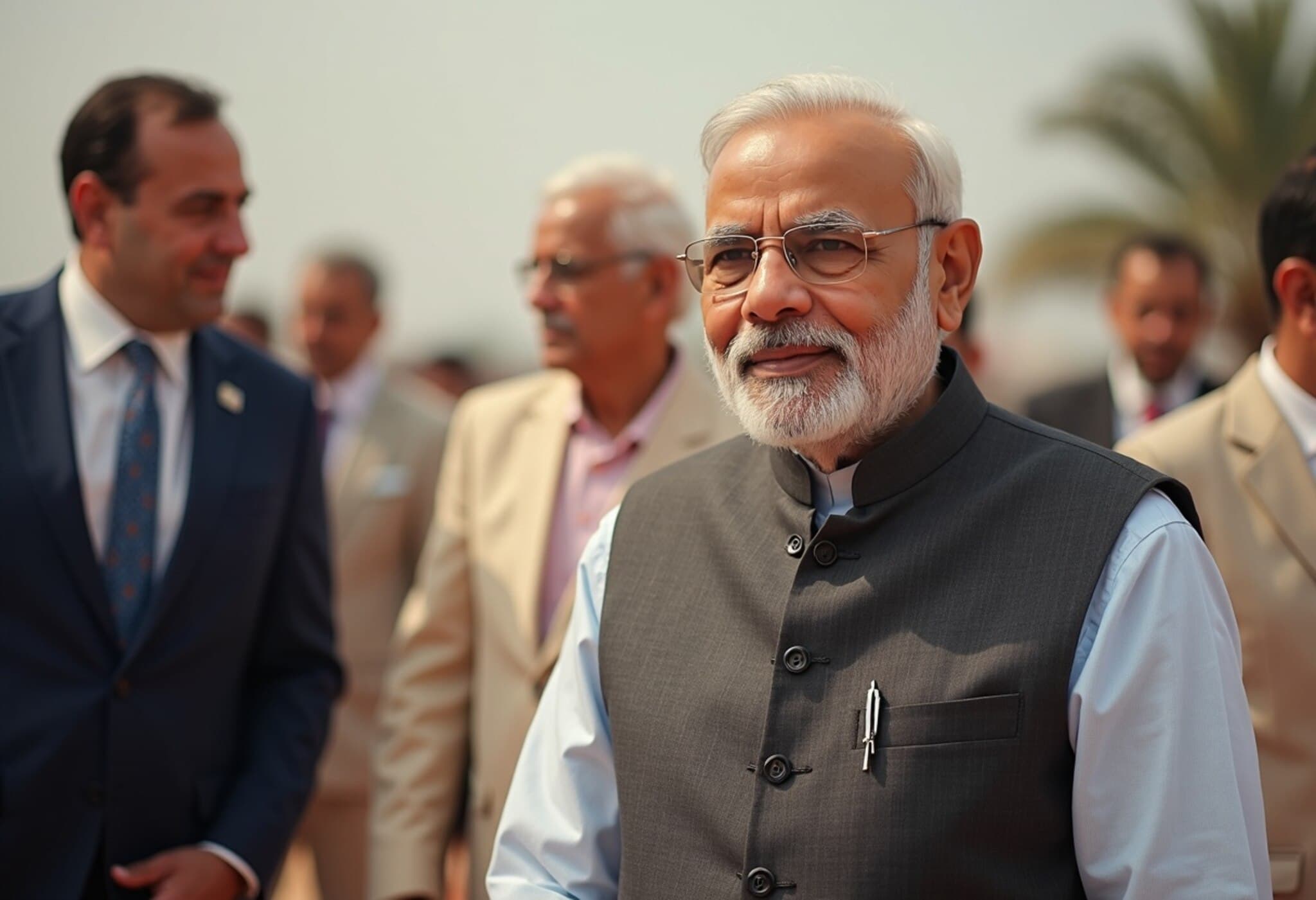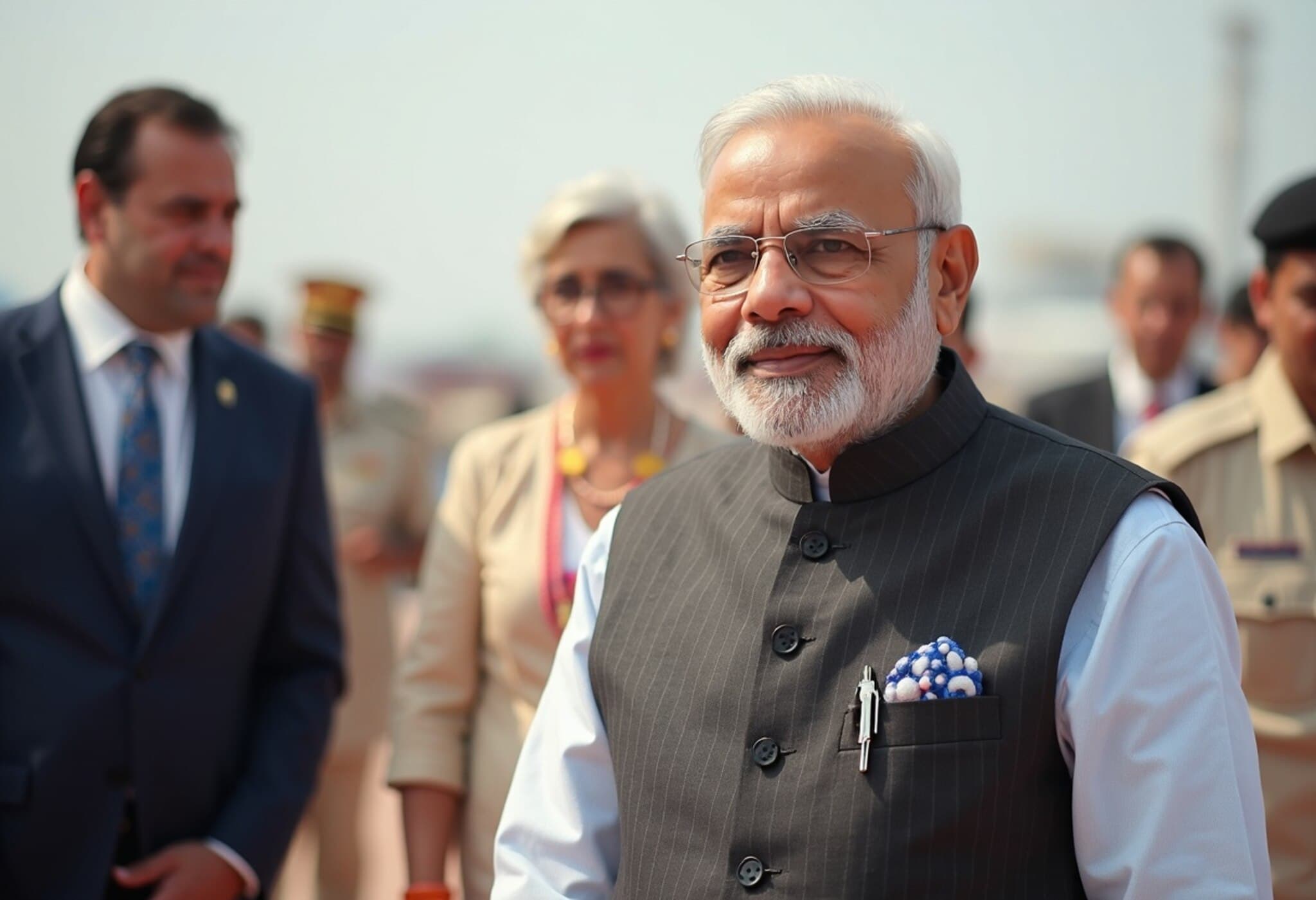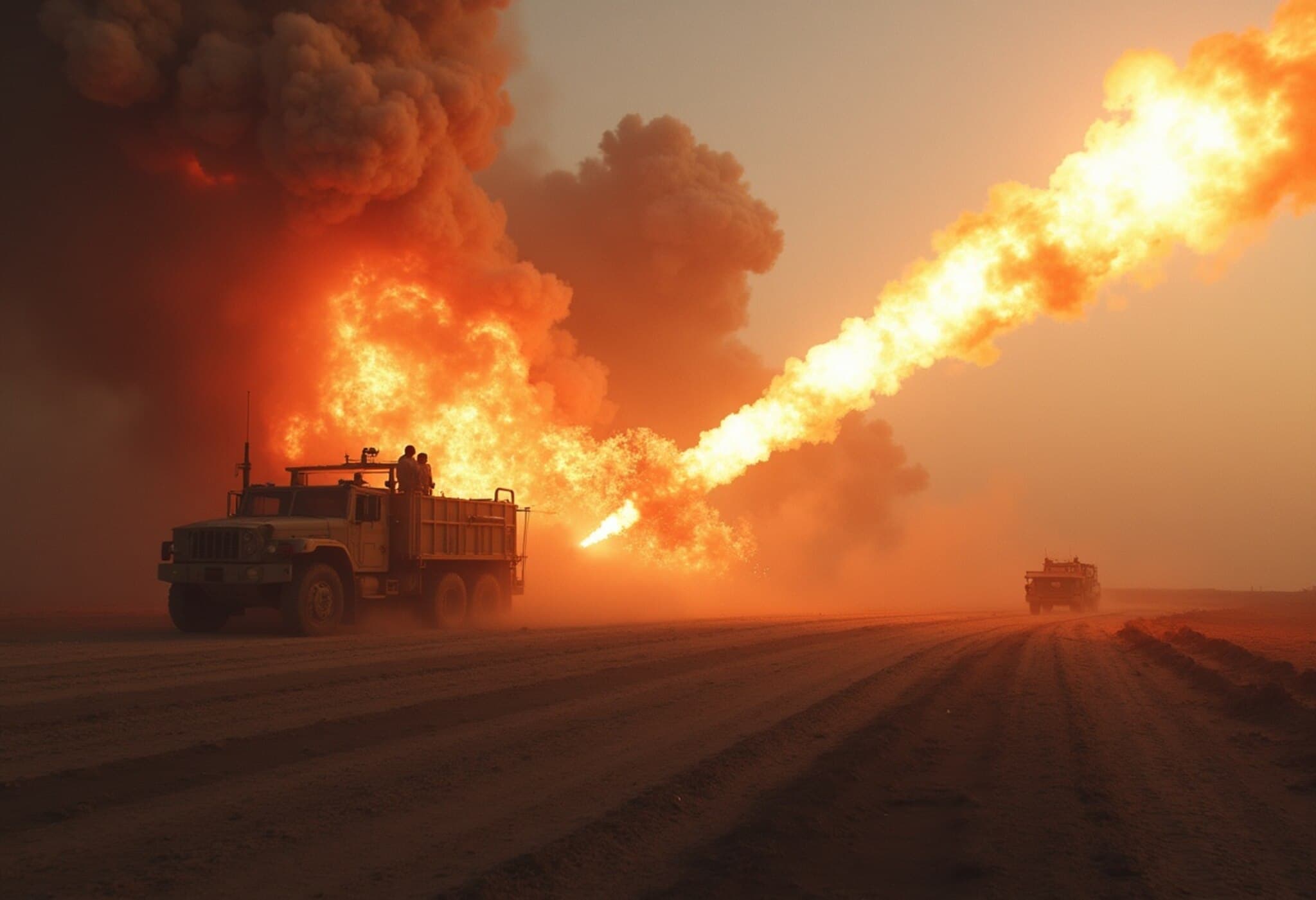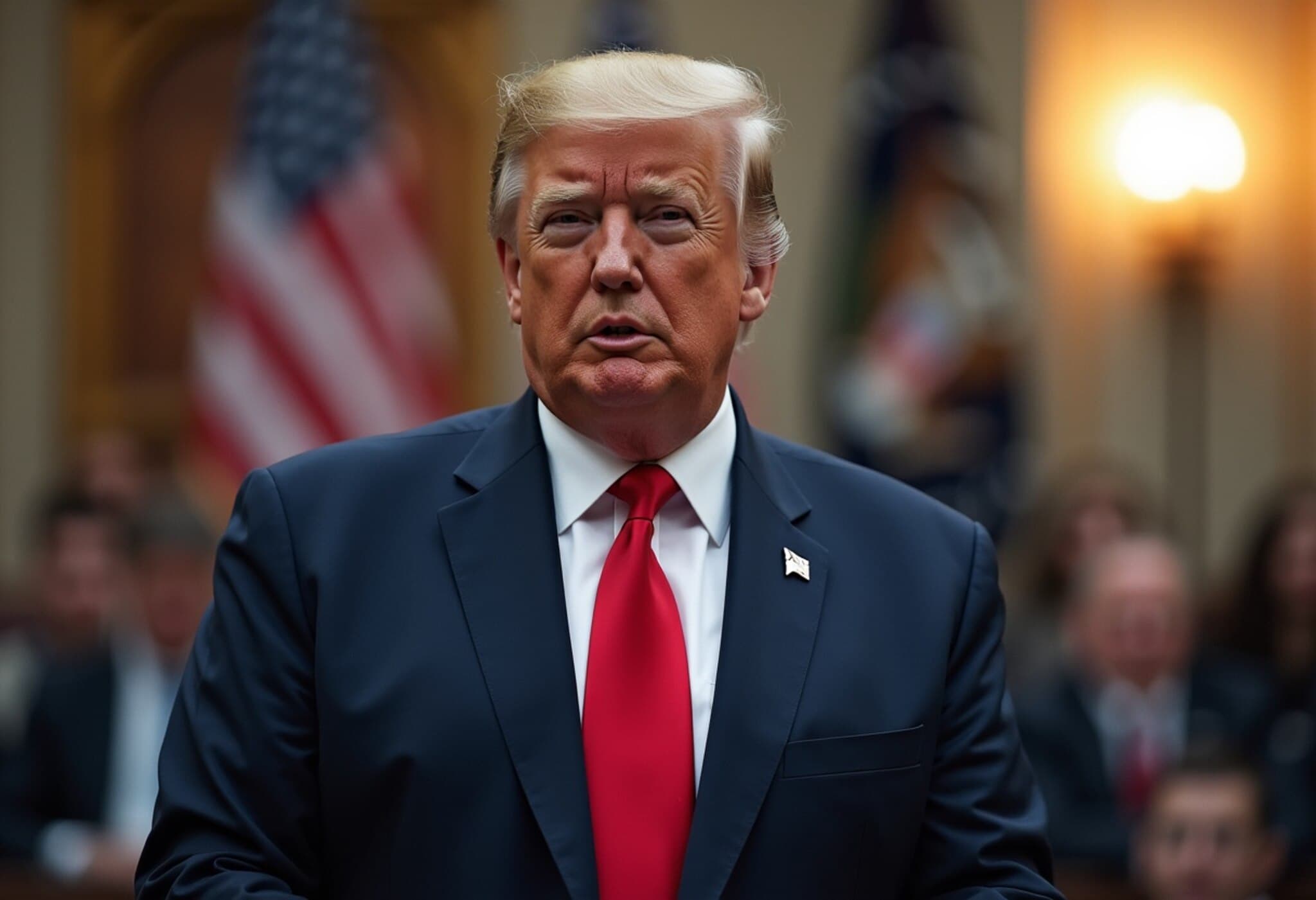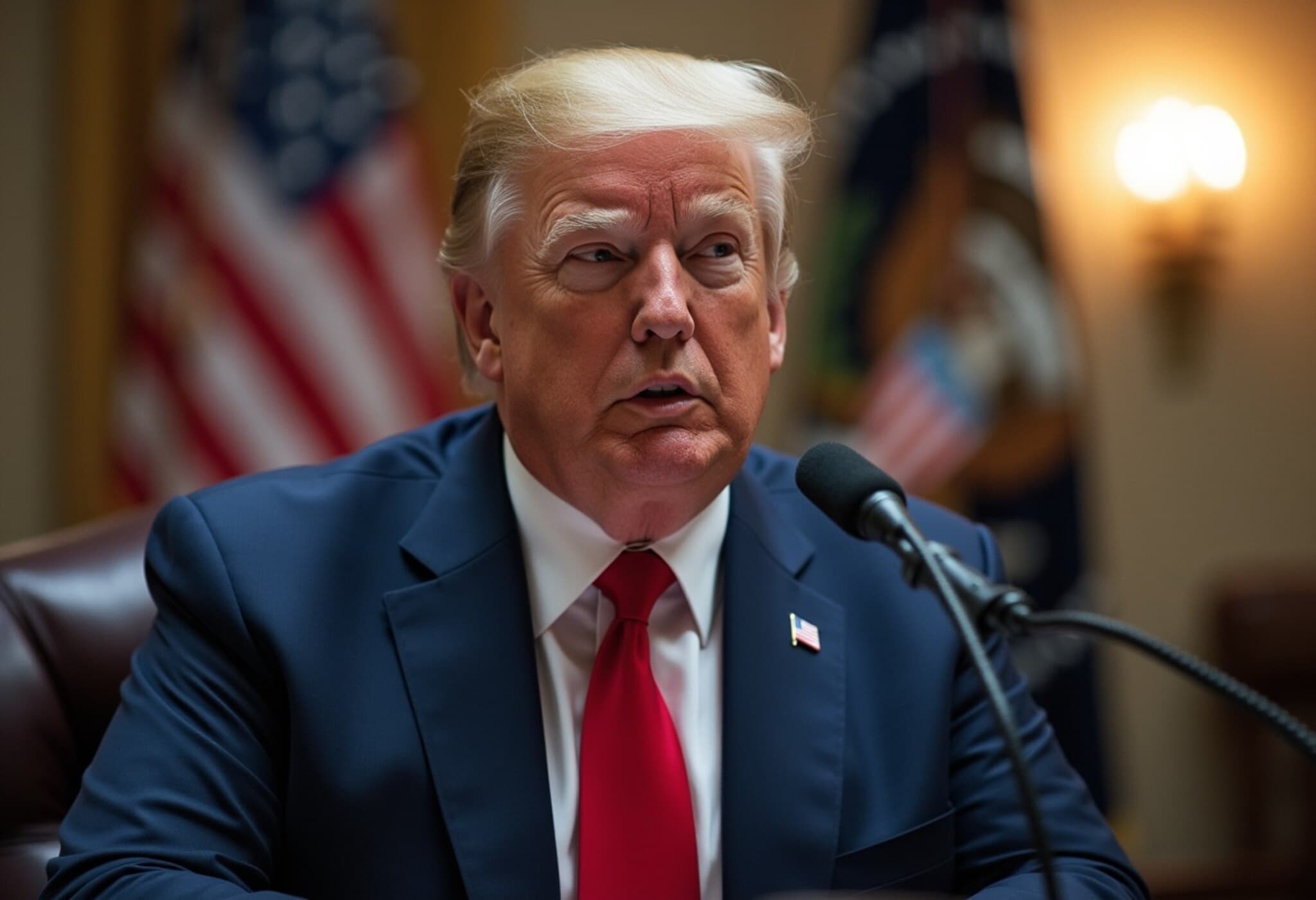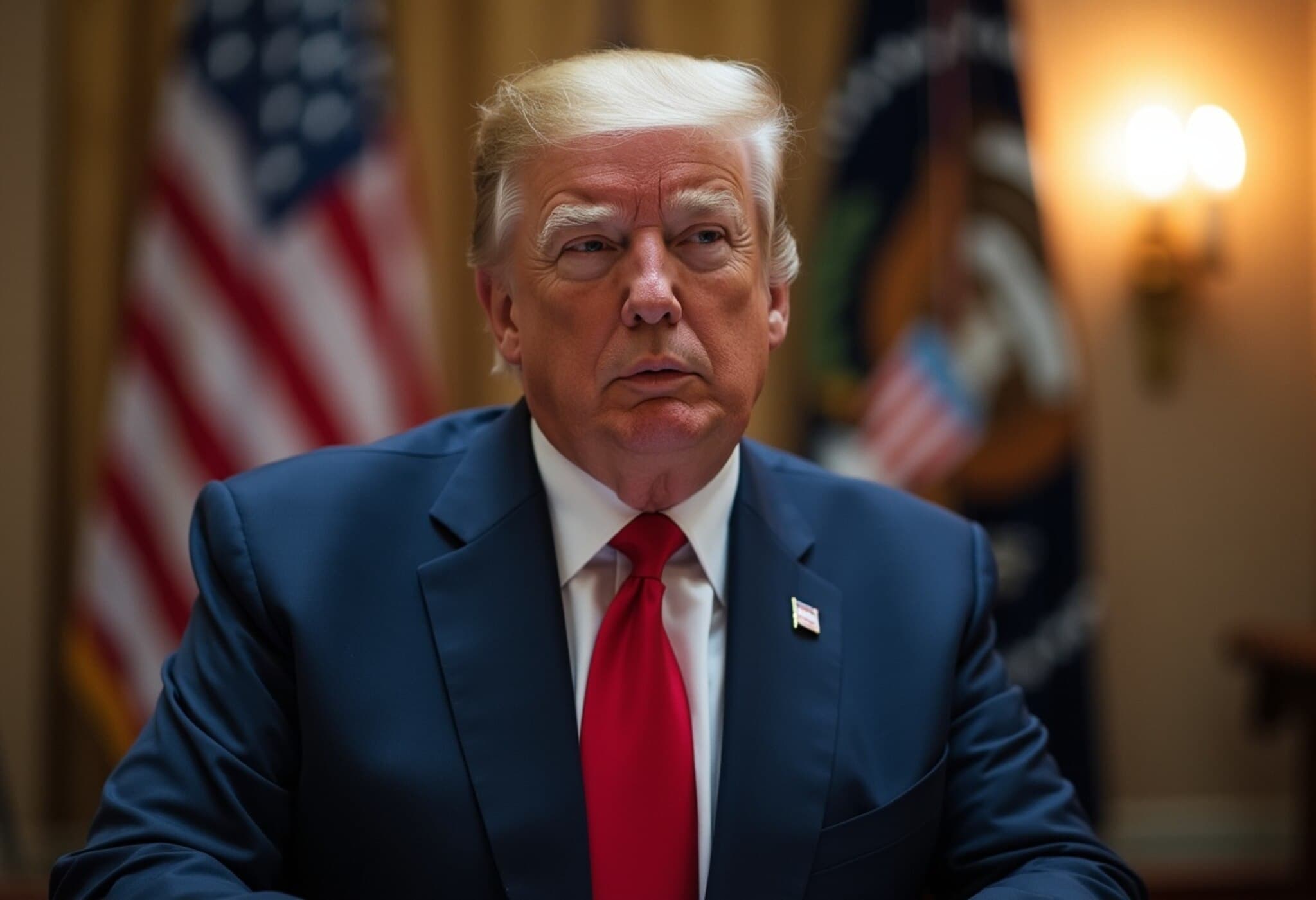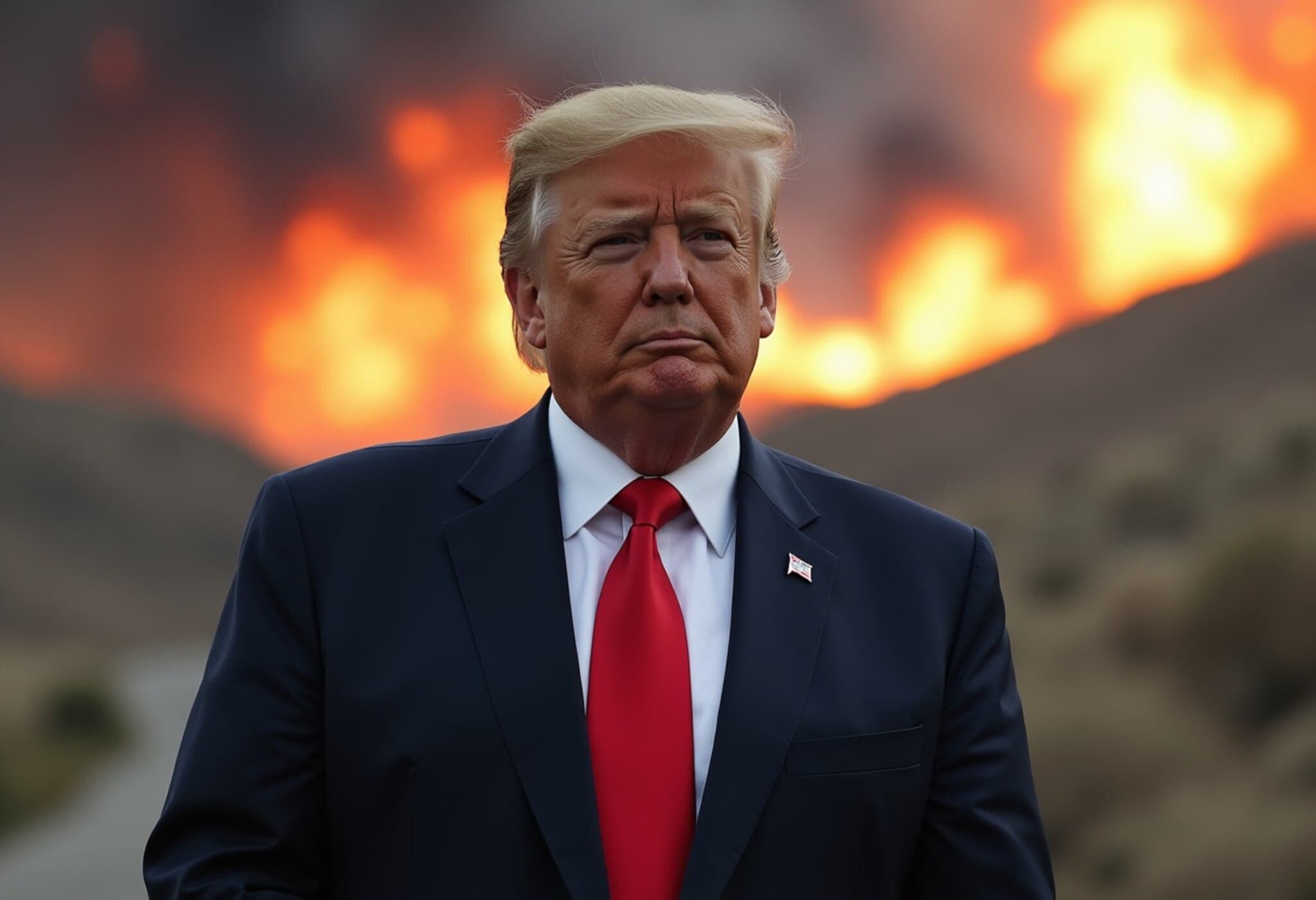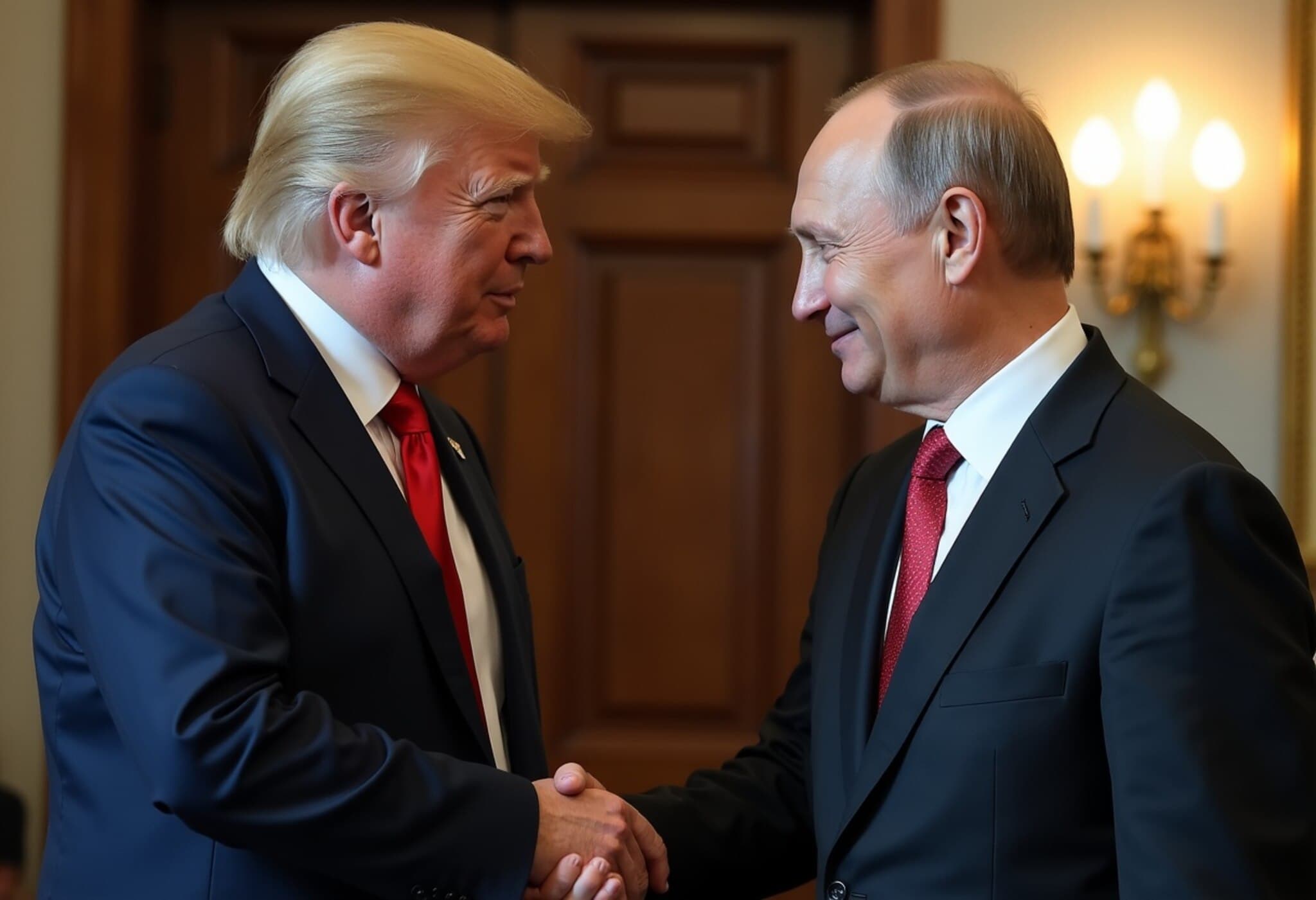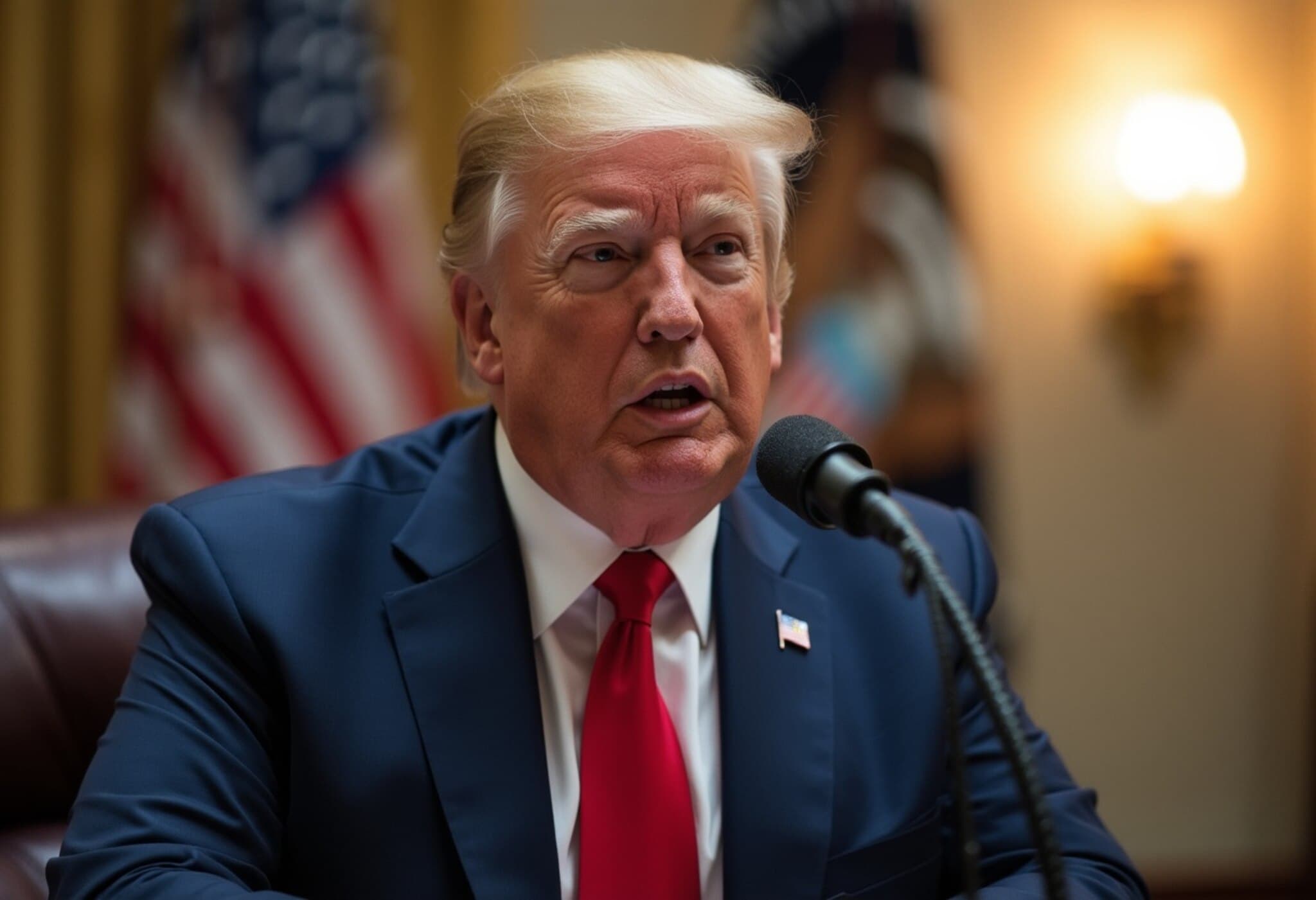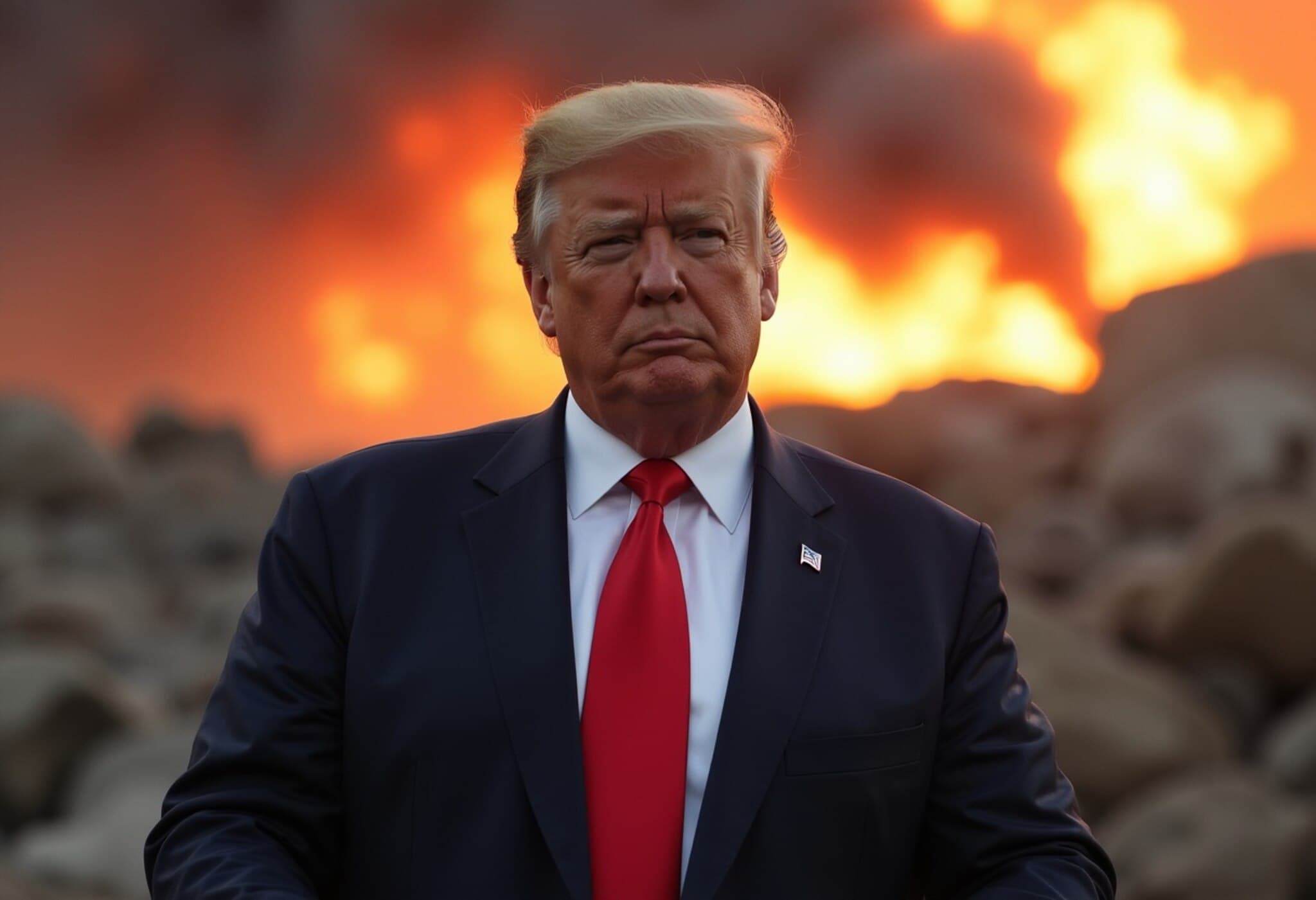MAGA Movement Divided Over Trump’s Possible Entry Into Israel-Iran War
As President Donald Trump weighs the decision to join Israel in confronting Iran, his Make America Great Again (MAGA) supporters are sharply split. The clash centers on whether the US should intervene militarily, a move that contrasts sharply with Trump's earlier anti-interventionist promises.
Hardliners Push Back Against War
The ideological purists within MAGA have voiced strong opposition to entering the conflict with Iran. Leading figures like Representative Marjorie Taylor Greene and commentators Tucker Carlson and Charlie Kirk argue that a new war contradicts Trump’s previous stance of keeping America out of foreign conflicts.
Greene harshly warned that engaging in war undercuts America’s interest, drains resources, and risks innocent lives, a sharp rebuke considering her longstanding support for Trump. Carlson, whose views have shifted noticeably over time, rejects labeling the Iranian people as enemies, framing the crisis as a conflict against a government rather than a nation.
Similarly, Kirk reminded supporters that Trump gained popularity by opposing new wars, emphasizing a priority on securing peace rather than escalating violence.
Trump Loyalists Rally Behind Military Action
On the opposite side, Trump loyalists such as Vice President JD Vance, activist Laura Loomer, podcaster Ben Shapiro, and Fox News host Mark Levin are urging the president to act decisively alongside Israel.
Vance highlighted Trump’s consistent position that Iran must not acquire nuclear weapons. He pointed out Iran's continuing uranium enrichment and rejection of diplomatic offers that would exclude weapons-grade material as justification for stronger measures.
Loomer went as far as to accuse critics like Carlson of conflicts of interest, citing financial ties to Qatar, a nation linked to funding groups hostile to Israel. She claimed Carlson's media ventures receive backing from individuals connected to Muslim countries, questioning the independence of his anti-war stance.
Strategic and Military Considerations
From a strategic viewpoint, Israel’s campaign to degrade Iran’s nuclear capabilities faces significant challenges, particularly targeting fortified sites such as the underground Fordow nuclear facility. The US holds critical “bunker buster” bombs capable of striking these hardened targets, underscoring the importance of American support if the mission is to succeed.
Indicators of possible US involvement include the deployment of warplanes, aerial refueling tankers, and an entire carrier strike group to West Asia, signaling preparations for potential operations.
Internal MAGA Conflict Reflects Broader Debate
Steve Bannon, a former Trump advisor, warned that the growing division over Iran could fracture the MAGA coalition and hamper key domestic priorities like immigration enforcement.
This split reflects the tension between Trump’s early anti-interventionist message and the current geopolitical realities demanding tough decisions about nuclear proliferation and regional stability.
Broader Political Support and Dissent
Senator Lindsey Graham, a vocal Trump supporter, has called for full backing of Israel, urging the president to provide weapons and operational support to halt Iran’s nuclear program. Fox News host Mark Levin praised Trump’s leadership, painting him as a historic ally of Israel.
Conversely, Senator Mitch McConnell noted unease within the isolationist camp, citing figures like Carlson and Bannon who are frustrated with potential US assistance to Israel in this conflict.
Conclusion
President Trump finds himself navigating a deeply divided base while facing a consequential decision on US involvement against Iran alongside Israel. The debate within the MAGA movement highlights broader questions about America’s role on the global stage, balancing anti-war instincts with concerns over nuclear threats.

